On March 12–13, 2024, the first meeting of the movement for decriminalization "Rise & Decriminalize" was held.
In 2023, five regional networks: ECOM — Eurasian Coalition on Health, Rights, Gender and Sexual Diversity (ECOM), Eurasian Harm Reduction Association (EHRA), Eurasian Network of People who Use Drugs (ENPUD), Eurasian Women's Network on AIDS (EWNA) and the Sex Workers' Rights Advocacy Network (SWAN) agreed to create a movement that would unite the efforts to decriminalize issues regarding people who use drugs; people living with HIV (with a focus on women); LGBT people and sex workers.
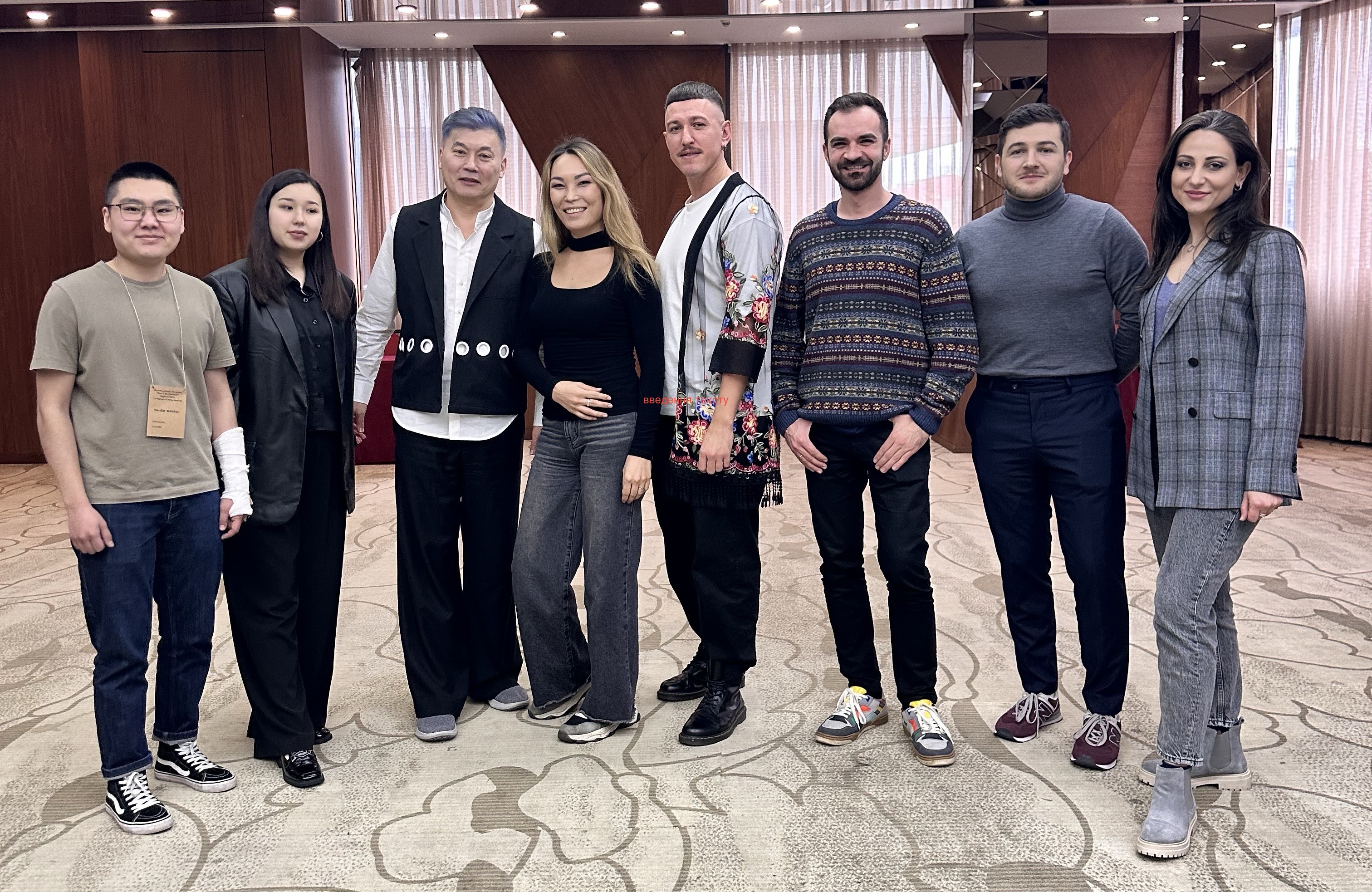
The goal of the first meeting was to consider and approve the concept of decriminalization, bringing it into line with the specific needs and circumstances of EECA countries.
“Uniting partner networks into the new movement 'Rise & Decriminalize' is very important. After all, it may not be difficult for non-democratic regimes to 'cope with' one category of 'undesirable people,' but when we are together and support each other, we can achieve the right to equality and opportunity to be ourselves,” says Nazarii Boiarskyi, Programs Lead at ECOM.
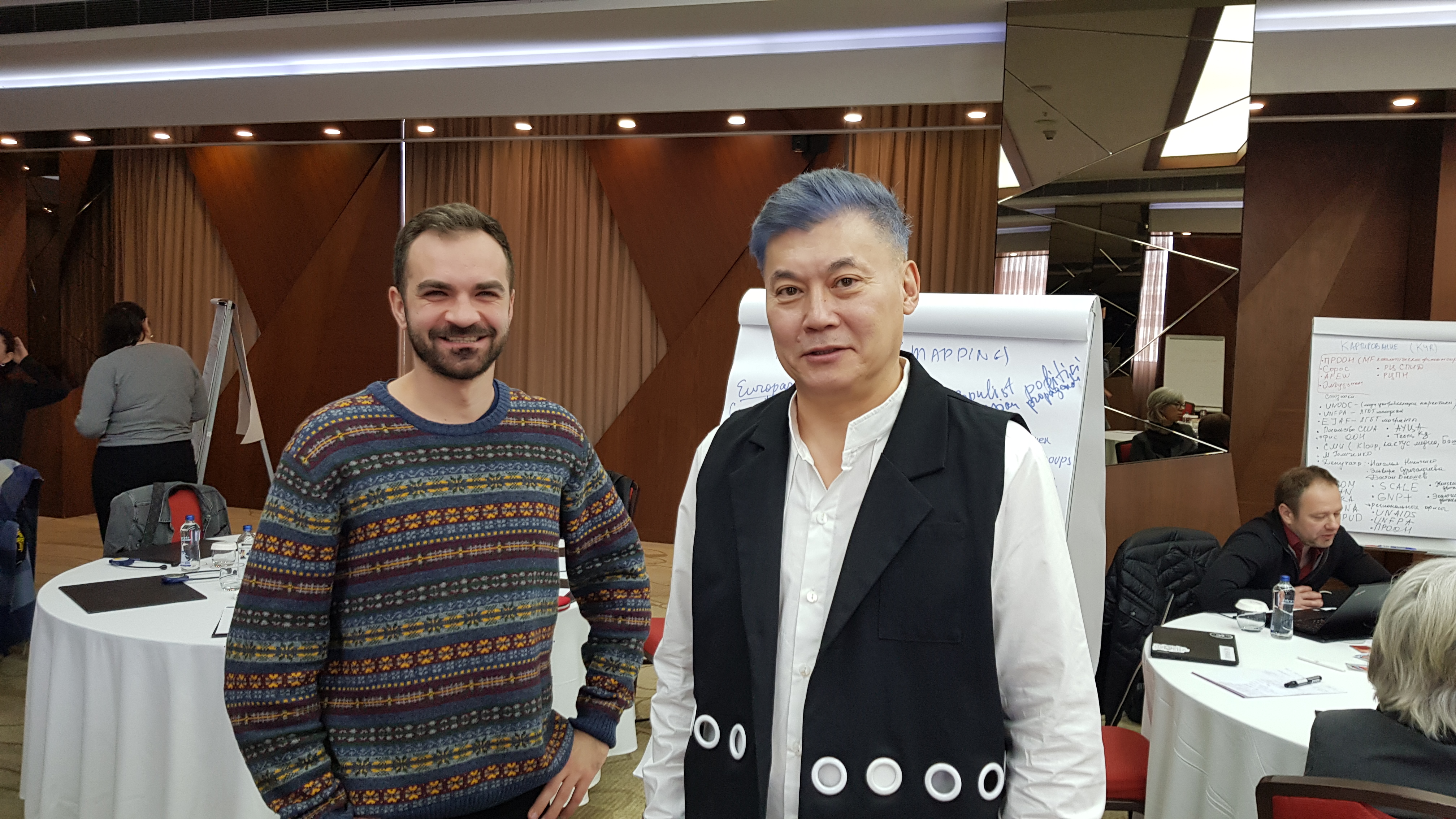
The movement will be built around four key aspects, reflecting the various needs and challenges these groups face:
- Bodily autonomy: this principle emphasizes the right of individuals to be themselves and have their existence recognized. It promotes the concept that everyone should have autonomy over their own bodies without facing discrimination or social constraints.
- Access to justice: this aspect focuses on ensuring protection against discrimination and unwarranted intrusion into private life. It includes mechanisms to safeguard individuals from crimes, including hate crimes, thereby bolstering their legal rights and access to justice.
- Freedom from legal restrictions: this principle is connected with the removal of legal barriers that affect personal freedoms, such as parental rights (including adoption), sexual and reproductive rights (like assisted pregnancy), and labor rights. It calls for the exclusion of HIV status, sex work, and drug use and possession for personal use from administrative and criminal codes. The movement seeks regulation of psychoactive substances based on scientific data, opposes mandatory HIV testing, and emphasizes the protection of personal and medical data. Furthermore, it aims to secure legal recognition and protection of sex work as a legitimate form of labor.
- Availability of comprehensive care services: the final principle underlines the importance of providing comprehensive care services, including medical, psychosocial, and legal support, to the target communities.
“It was important for each Network to explain during the meeting what decriminalization means for them. For example, it's important for us as ECOM to combat such aspects as: the criminalization of same-sex relationships between men in Uzbekistan and Turkmenistan; ban on “gay propaganda” in Russia and Kyrgyzstan; pathologization of transgenderness issues in medicine and at a state level; the difficulty or impossibility of changing gender marker and the ban on “sex change” in Russia; gender-based violence and murders, especially targeting trans people, increasing homophobia and transphobia in society and among authorities; persecution of LGBT organizations and organizations working with MSM,” said Nazarii Boiarskyi.
Here's what decriminalization means for ECOM in the context of working with the LGBT community:
- Living in a society without the threat of criminal punishment and/or administrative prosecution for sexual orientation and gender identity.
- Protection from discrimination and violence on the grounds of SOGI.
- Freedom of gender self-identification.
- Equal rights with all members of society.
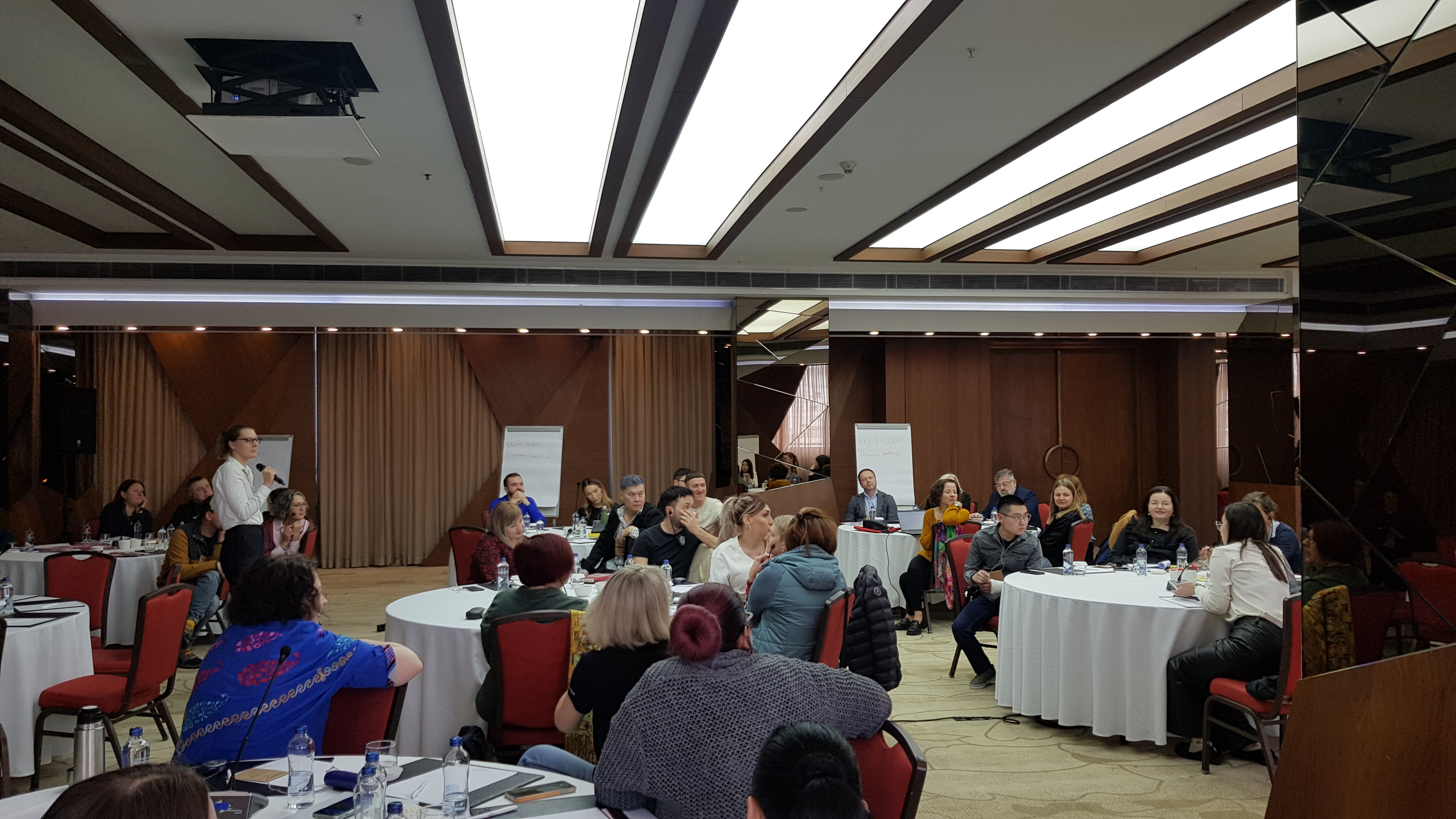
Thus, during the event, each network presented their groundwork and ideas about what decriminalization means for their communities. Thanks to this, the meeting gave all the participants more understanding of how they should work further and what to focus their attention on.
“The decriminalization movement and uniting our networks are important now as the region suffers from a lack of resources and funding, increased stigma and discrimination, and dangerous laws are being passed more often. Such difficult times lead to such unions. Together we will be able to attract more resources and reach our governments. What unites us is that we are people whose rights in society are considered less equal than other people's. We need to stick together until we change this,” shared her opinion Velta Parkhomenko, Eurasian Network of People who Use Drugs (ENPUD).


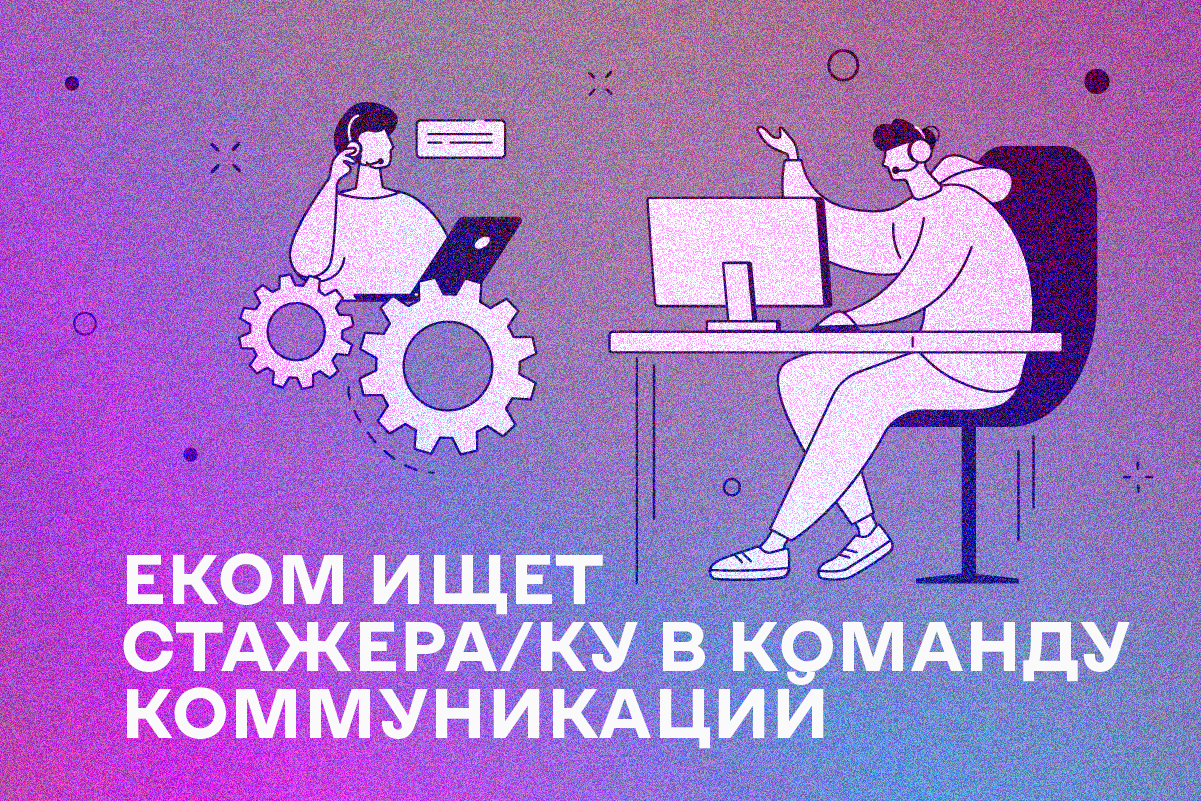
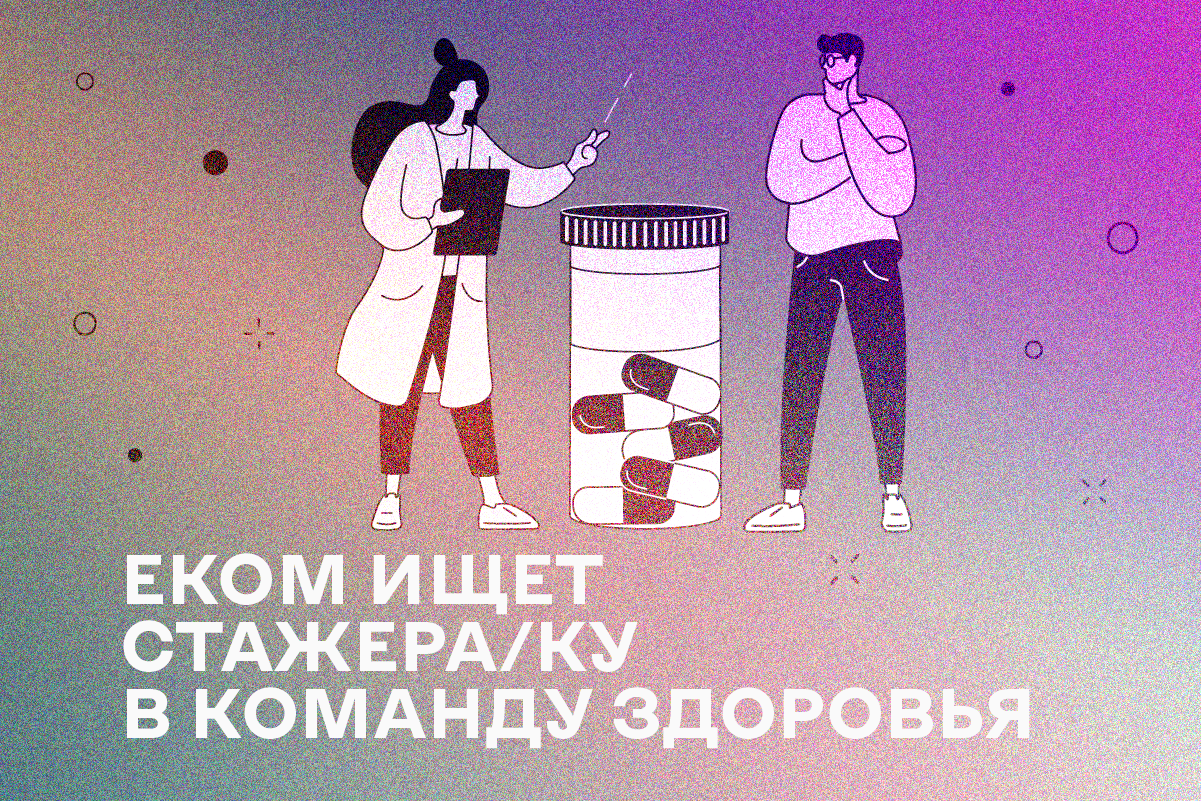
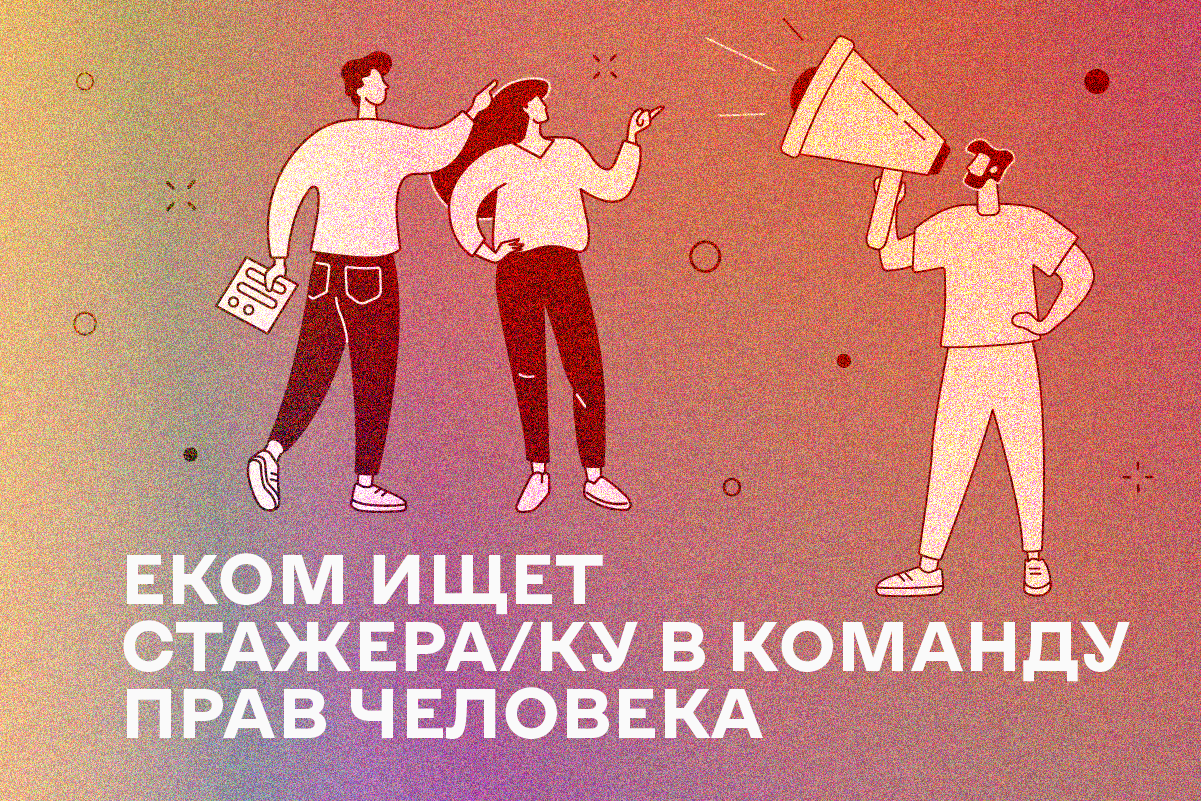
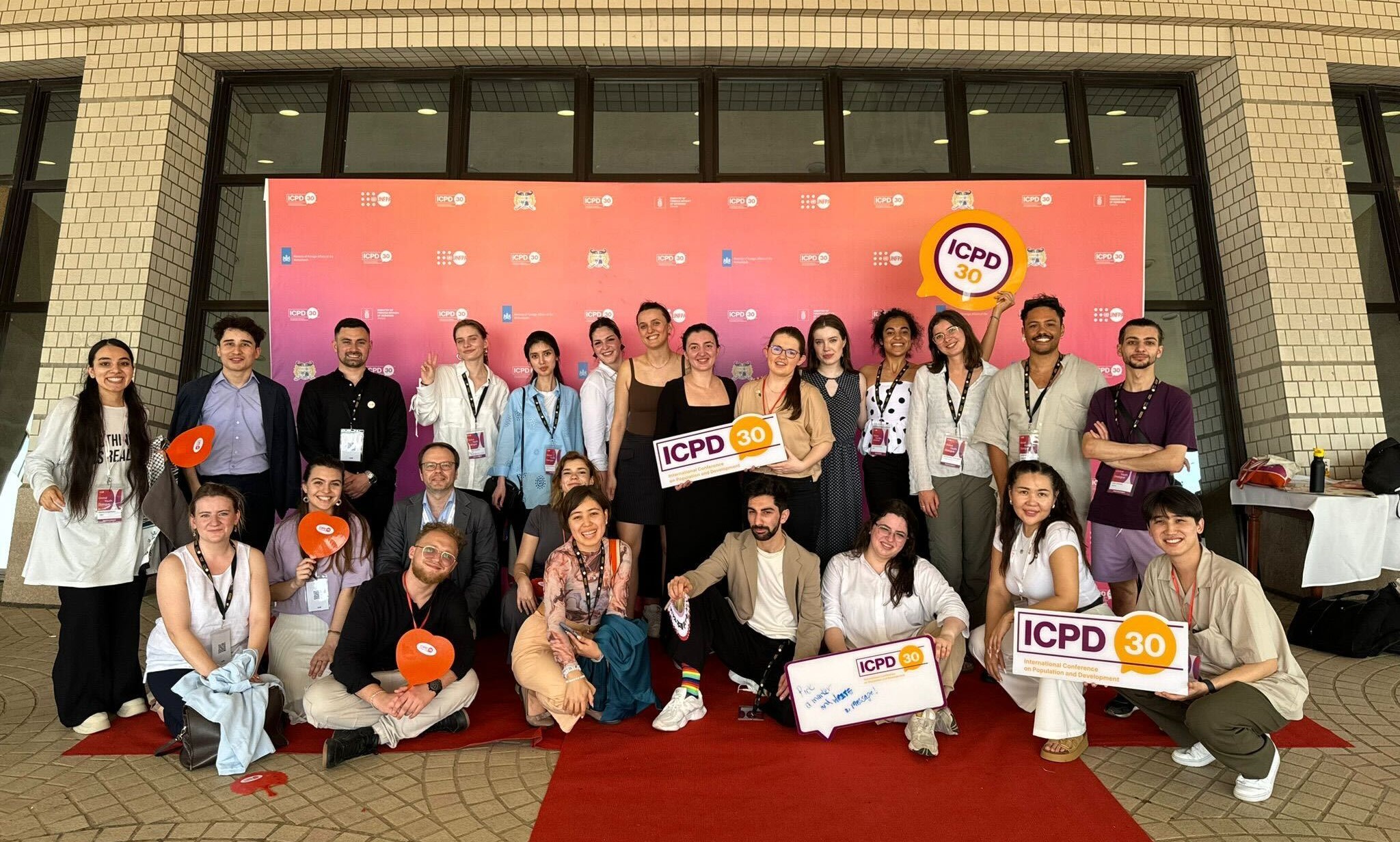
Комментарии
Пока никто не оставил комментарий